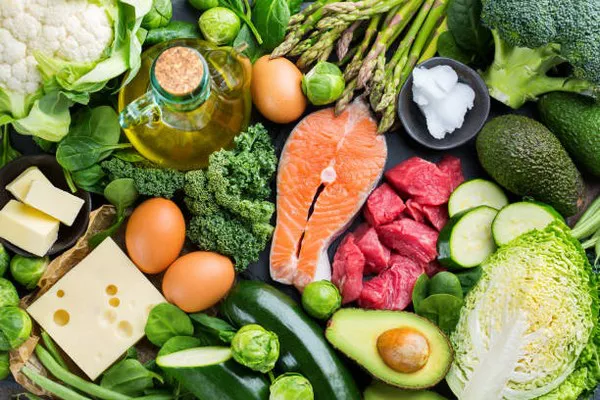At 50, Raj (name changed) found himself stuck in a weight plateau, despite doing everything right. He maintained an active lifestyle, adhered to the recommended 150 minutes of exercise weekly, and yet his weight remained stubbornly high at 97 kg, far above the ideal 78 kg for his 5’10” frame. With a waist circumference of 44 inches and concerning cholesterol (245 mg/dl), triglycerides (300+ mg/dl), and low HDL (33.7 mg/dl), he was at serious risk for heart disease.
The root of the issue was his diet, which was heavy on carbs, fats, and alcohol. These excesses kept him constantly hungry and prone to overeating. Despite consuming 86 grams of protein a day (about 1.1g per kg of body weight), his appetite remained unrelenting, leading to mindless snacking.
A Strategic Change: Protein to the Rescue
Rather than advocating for an extreme dietary overhaul, we made a key adjustment: replacing empty calories with protein. Raj’s daily protein intake was increased to 125 grams (500 kcal), or about 1.6 grams per kilogram of body weight. His total calorie consumption was balanced at 1,700 kcal — just 200 calories more than his body naturally burned each day.
Over the next 2.5 weeks, Raj adjusted to the new regime, and something remarkable happened: his hunger began to stabilize. Gone were the uncontrollable cravings and energy slumps. Over the course of 1.5 years, he gradually shed 15 kg, maintaining the weight loss without ever feeling deprived.
This approach wasn’t about strict dieting; it was about prioritizing nutrient-dense foods. By increasing his protein intake, Raj not only lost weight but also gained control over his waistline, improved his cholesterol levels, and set himself on a path to better long-term health.
Why Protein Goes Beyond Building Muscle
Most people associate protein primarily with muscle growth. While that’s certainly a major benefit, protein does much more than just build muscle. Research, including a recent study published in Nutrients, highlights why protein—especially high-quality proteins rich in essential amino acids—stands out when compared to other macronutrients like carbs and fats.
Protein plays a crucial role in maintaining vital organs, such as the heart, liver, and kidneys. It helps regenerate cells throughout the body, including the critical collagen needed to keep bones and joints healthy. It also supports the immune system, as many antibodies and immune cells are derived from protein. Furthermore, collagen and keratin, essential for healthy skin, hair, and nails, are made from the amino acids found in dietary protein.
The Unique Value of Protein Calories
To understand how protein differs from other calories, consider it as the capital investment in a business. A savvy entrepreneur knows the importance of allocating funds to essential equipment (capital expenses) rather than just day-to-day operational costs (like salaries or supplies). Protein functions like that capital: it strengthens and maintains the body’s core structures—organs, bones, and muscles—ensuring everything runs smoothly. In contrast, carbs and fats are more like operational expenses: they provide energy but don’t contribute directly to the body’s structural health.
If you skimp on protein (insufficient capital investment) and over-consume carbs and fats (operating expenses), you’re more likely to experience poor metabolic health and weight gain.
How Much Protein Do You Need?
The recommended daily intake of protein varies, typically ranging from 1.2 to 2.8 grams per kilogram of ideal body weight. The exact amount depends on factors like lifestyle, age, health, and physical activity level. For older adults, the higher end of the range is advised to combat age-related muscle loss, which typically starts around age 30 and can reach up to 50% total muscle loss by age 80. Protein needs also increase during recovery from illness or infection, as the body breaks down protein at an accelerated rate.
In Raj’s case, prioritizing protein didn’t just help him lose weight; it empowered him to reclaim control over his health, proving that when it comes to weight loss and wellness, protein is far more than a muscle builder. It’s a foundational nutrient that supports long-term health and well-being.
Related Topics:
What Are The Benefits Of A Mediterranean Diet


